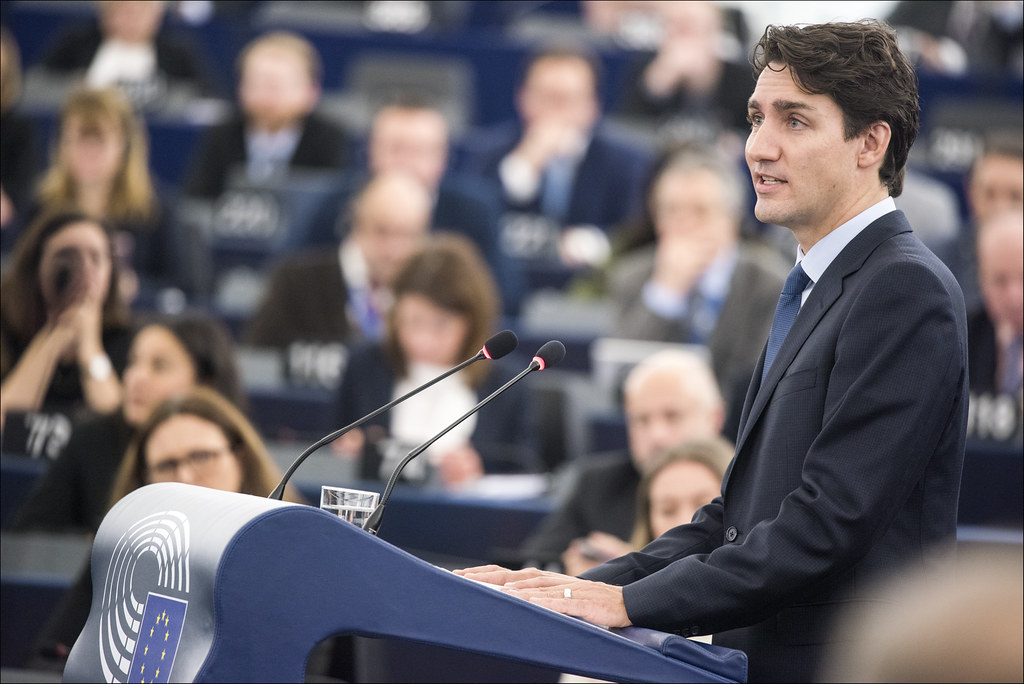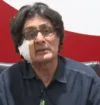Trudeau Troubled by ICC Warrants for Israeli and Hamas Leaders
Prime Minister Justin Trudeau has expressed concerns about the simultaneous arrest warrants sought for Israeli and Hamas leaders by the International Criminal Court (ICC). During a press conference on Tuesday, Trudeau emphasized the importance of adhering to international law. However, he criticized what he perceived as an equivalency being drawn between Israel’s democratically elected leaders and the leaders of Hamas, whom he described as “bloodthirsty terrorists.”
On Monday, ICC Prosecutor Karim Khan requested arrest warrants for Israeli Prime Minister Benjamin Netanyahu and Defence Minister Yoav Gallant. They are accused of multiple offences since Israel’s declaration of war on Hamas following the October 7 attacks. Khan also sought warrants for Hamas leaders Yahya Sinwar, Mohammed Deif, and Ismail Haniyeh for crimes committed in Israel and Gaza.
Israel’s war on Hamas was a response to the October 7 cross-border attack that resulted in approximately 1,200 deaths and 250 hostages.
The United States has rejected the move to implicate Israel alongside Hamas, while France and Belgium have supported the decision. Germany has stated it respects the court’s independence. Canadian Foreign Affairs Minister Mélanie Joly reiterated Canada’s respect for the ICC’s independence and stated the government is monitoring the situation closely.
Israel’s war on Hamas was a response to the October 7 cross-border attack that resulted in approximately 1,200 deaths and 250 hostages. The subsequent Israeli offensive has led to over 35,000 Palestinian deaths, with at least half being women and children. The conflict has also caused a humanitarian crisis in Gaza, displacing 80% of the population and bringing many to the brink of starvation.
Prosecutor Khan highlighted the severe effects of the use of starvation as a method of warfare, collective punishment, and attacks on Gaza’s civilian population. He described the resulting malnutrition, dehydration, suffering, and deaths, especially among children and women.
Despite accusations from the United Nations and other aid agencies that Israel has hindered aid deliveries, Israel denies these claims, stating there are no restrictions on aid entering Gaza. It accuses the UN of failing to distribute the aid effectively. The UN, however, asserts that aid workers have been repeatedly targeted by Israeli fire, complicating aid delivery.
The ICC, with jurisdiction over genocide, crimes against humanity, war crimes, and crimes of aggression, tries individuals rather than states or political groups. While Canada is among the 124 member nations of the ICC, neither Israel nor the United States are members. Thus, even if arrest warrants are issued, Netanyahu and Gallant are not immediately at risk of prosecution but could face travel restrictions.
Foreign Affairs Minister Joly refrained from commenting on whether Canada would execute an ICC arrest warrant against Israeli leaders, labeling the scenario as “hypothetical.” She stated that Hamas leaders would not be permitted entry into Canada, as Hamas is designated a terrorist organization.
The ICC’s proceedings could take months. Meanwhile, Israel faces a separate accusation of genocide at the International Court of Justice (ICJ) from South Africa, which Israel denies. Unlike the ICC, the ICJ handles disputes between countries.
In March, the Liberals and NDP passed a parliamentary motion supporting the work of both the ICC and ICJ. NDP Leader Jagmeet Singh urged Canada to unequivocally support and execute the ICC’s decisions. Conservative foreign affairs critic Michael Chong condemned the warrants against Israeli leaders, rejecting the perceived equivalency between Israeli leaders and Hamas terrorists.
This development underscores the complex legal and moral challenges surrounding the Israel-Hamas conflict and the international community’s efforts to address them through legal channels.



